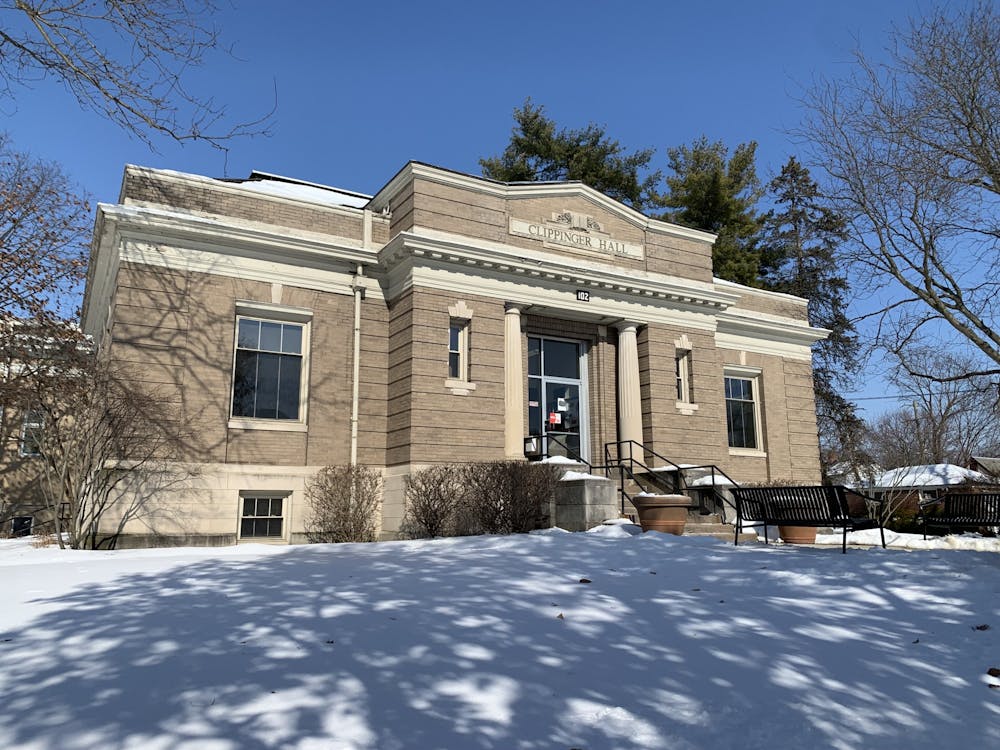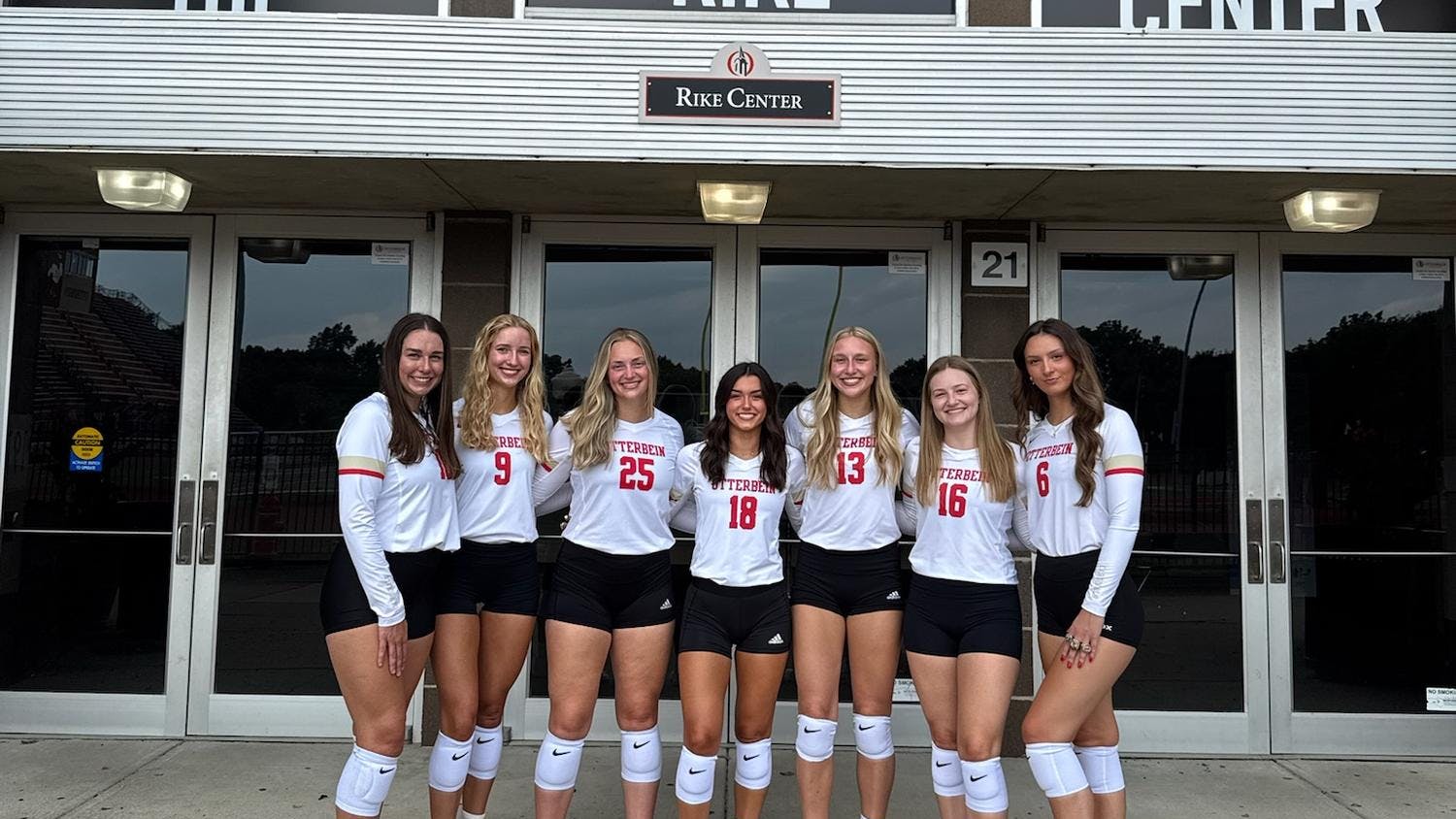The U.S. Supreme Court will discuss the future of affirmative action, which strives to increase the representation of people of color in colleges and universities, both public and private. With the potential of affirmative action being eradicated within the court’s next term, this could mean many changes for the enrollment process at Otterbein and other universities around the country.
Affirmative action was first brought into United States law in 1965 under the name Order 11246, and was amended later as Executive Order 11375 in 1967. For nearly 60 years this law has ensured equal opportunities in college admissions and other aspects, such as employment for all people regardless of race, color, religion, sexual orientation, gender identity, national origin, disability or status as a veteran, according to the Office of Federal Contract Compliance Programs.
Jefferson Blackburn-Smith, vice president for enrollment management said that the Supreme Court’s decision will not affect Otterbein in terms of the admissions process.
“Race is not a factor in our admissions process at all,” said Blackburn-Smith. “We do a lot of targeted outreach and efforts, but once a student applies we do not use race in our admissions decision.”
Due to this, Otterbein University has seen a more diverse incoming class.
“The class that enrolled in the Fall of 2020, the first-year class, was 28% students of color,” Blackburn-Smith said. “That’s more diverse than Ohio State University, which was only 26% students of color.”
For comparison, Blackburn-Smith said that 10 years ago, only 12% of Otterbein’s incoming class were students of color.
“We’ve been very strategic and persistent in our work to diversify the student body at Otterbein, but not by using race as an admission criterion,” he said.
However, just because the ruling would not affect admissions, does not mean that it would not affect other aspects that would benefit students’ chances of enrolling in college.
“If they wanted to be very aggressive against the use of race in higher education, they could expand their ruling beyond just admissions practices and focus on things like financial aid and scholarships and support services and all those things, that would be very impactful,” Blackburn-Smith said.
Blackburn-Smith also said that comparing Otterbein to the two universities that are currently involved in the court cases, Harvard University and the University of North Carolina at Chapel Hill, is hard since they are much more selective than Otterbein.








